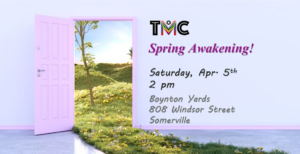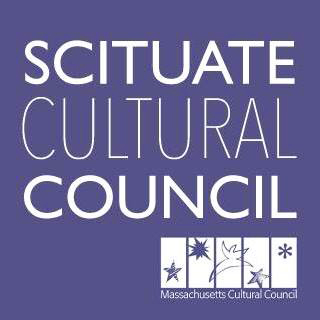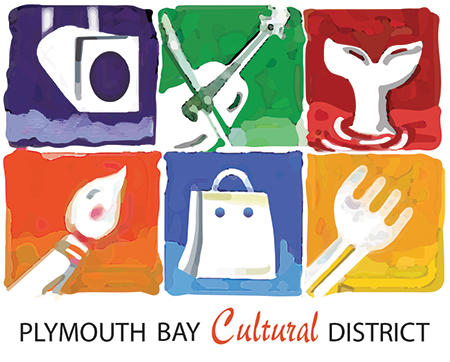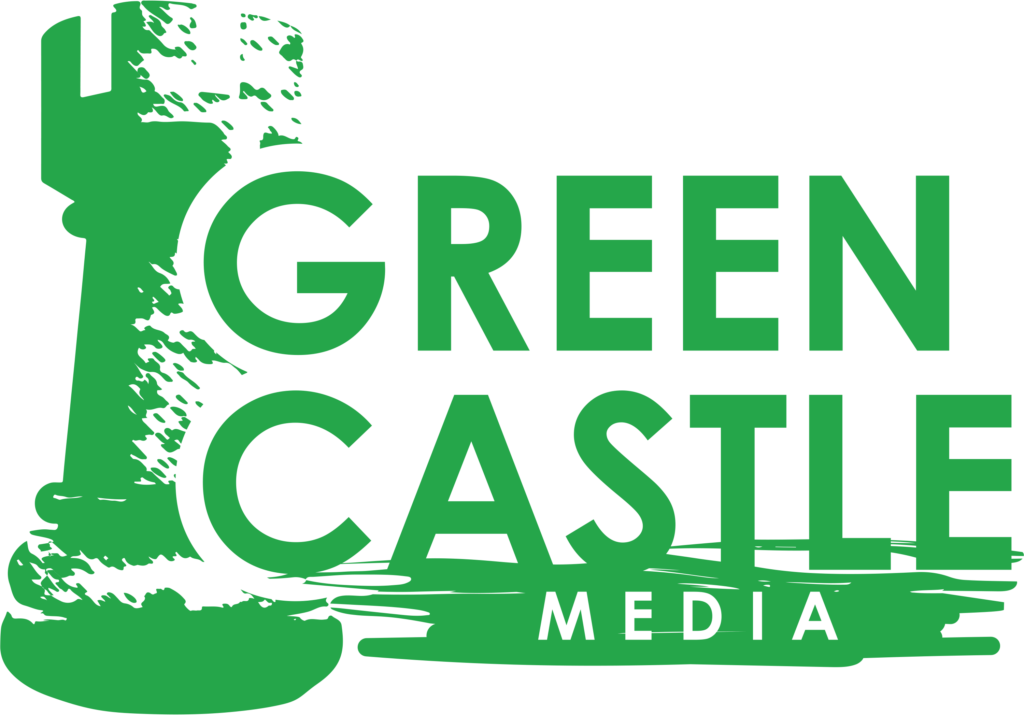
THE REGISTER-HERALD – When Kacy Burgess became a foster mom, she knew little about neonatal abstinence syndrome (NAS), or the fact that West Virginia led the nation in drug impacted births.
NAS is the withdrawal syndrome that children born drug dependent experience.
“I didn’t know anything about drug exposed babies,” Burgess said. “I had no experience.”
Burgess worked for a local nonprofit organization and her husband was a firefighter.
When they received a call one night to foster a NAS baby born with drug dependence, Burgess and her husband welcomed the little boy into their home. That baby is now 2 years old and they are in the process of trying to adopt him.
“We had to navigate the system on our own and find resources for him. It was lonely because no one had answers that you’re needing, so it gets frustrating,” Burgess said.
She says she’s hoping that loneliness NAS parents can face will change with “To the Moon and Back” – a nonprofit organization that will provide support to families raising these children in West Virginia.
To the Moon and Back, a Plymouth, Mass., based nonprofit, says it will offer local children and parents more support services as well as legislation advocacy for those without a voice.
The organization is kicking off its outreach in West Virginia with its first caregiver support group meeting Thursday, March 14.
The meeting will take place from 6 to 8 p.m. at the J.W. and Hazel Ruby West Virginia Welcome Center at 55 Hazel Ruby Lane off Route 19 in Mount Hope.
The event is free to the public. Foster and birth parents, grandparents, teachers and social workers are encouraged to attend.
“I think a support group will help, so parents can talk to other parents and what has helped them and their child,” said Burgess, who is the vice president of the nonprofit. “It would’ve helped me just to be able to talk to somebody and just having that support.”
Cindy Chamberlin, a physical therapist for West Virginia’s Birth to Three program and a Fayetteville resident, will serve as president of the West Virginia chapter.
Chamberlin says there is still a lot more that needs to be done to make sure these children without a voice are not forgotten.
“The goal is to raise awareness about the unique needs of a child with NAS, as well as just generate conversations amongst other caregivers so people don’t feel alone,” Chamberlin said.
“The whole goal is to empower the parents to positively care for these children who are sometimes challenging because of their unique sensory issues,” she said.
“These kids are not bad. They’re different,” she added. “And we need to meet them where they are.”
In 2018, the West Virginia Department of Health and Human Resources (DHHR) released data on county-level NAS data from 2017. This data showed the overall incidence rate of NAS was 50 cases per 1,000 or 5 percent for West Virginia residents, making it the highest incidence rate in the country.
Currently, limited research on the long-term consequences of NAS suggests that children born with the syndrome can experience hearing and vision problems, fine and gross motor delays, behavioral and cognitive problems and more.

“We need people to come forward and tell their stories about what they’re struggling with to bring awareness,” Burgess said.
For more information, visit To the Moon and Back on Facebook, www.2themoonandback.org or e-mail cindy@2themoonandback.org.
By Jackie Whetzel






